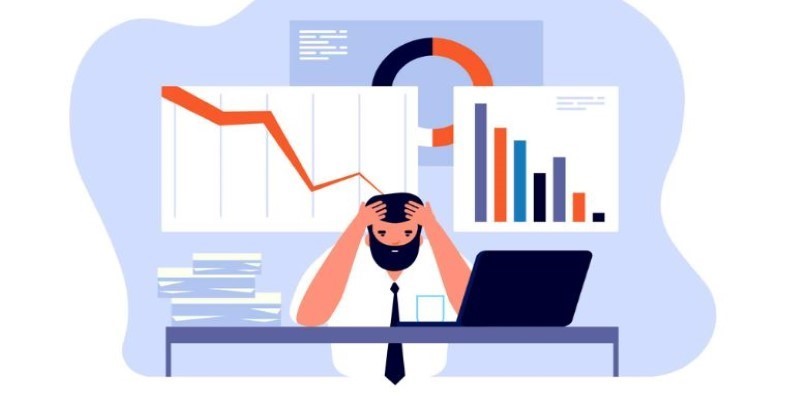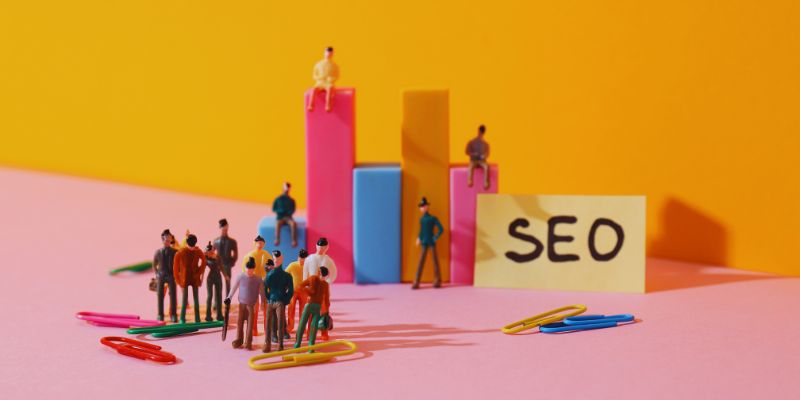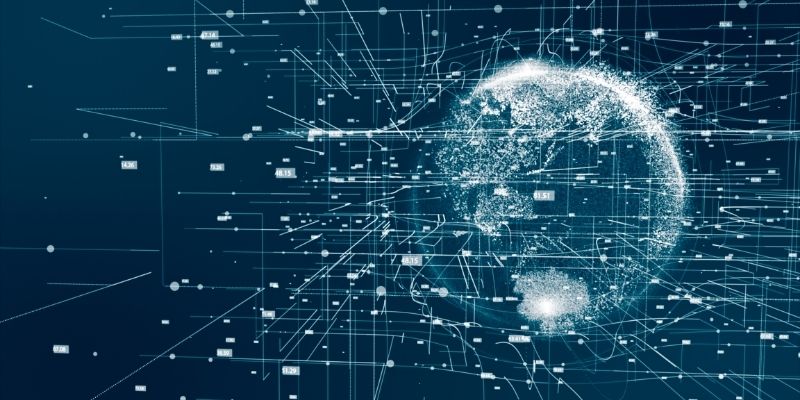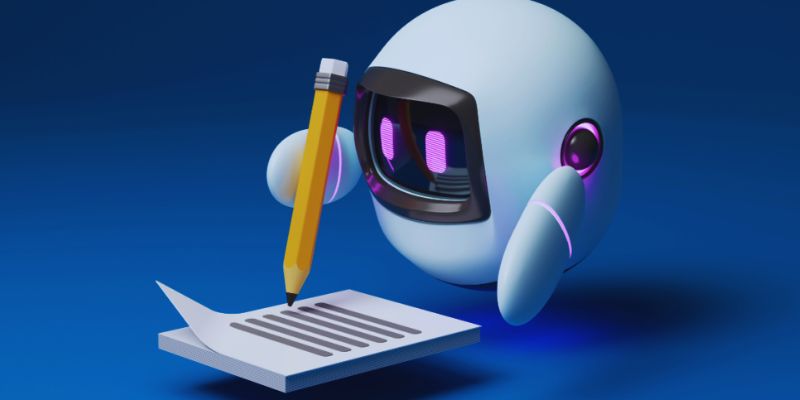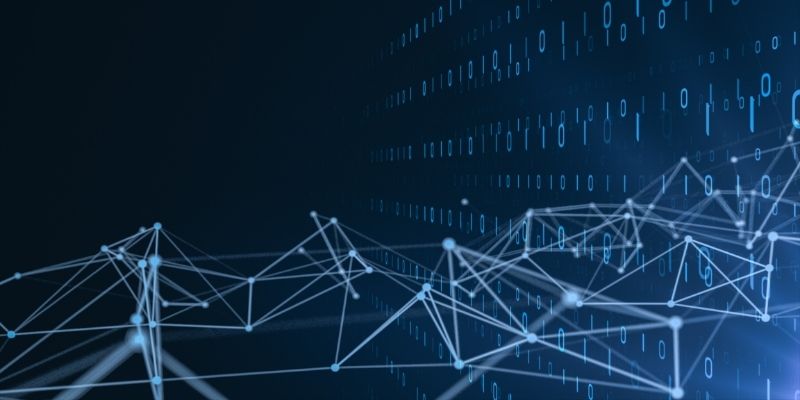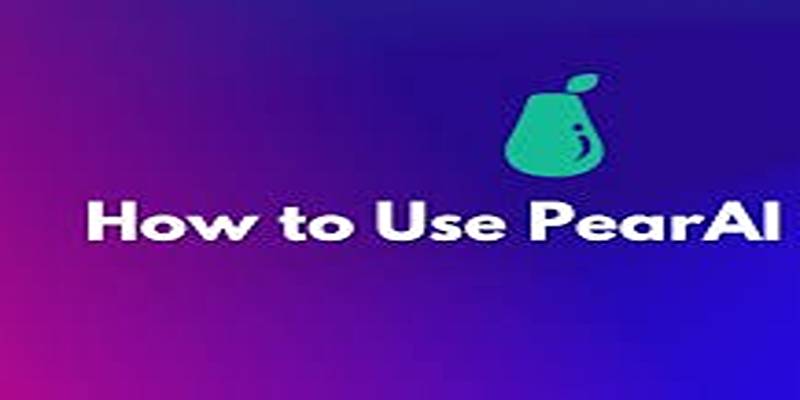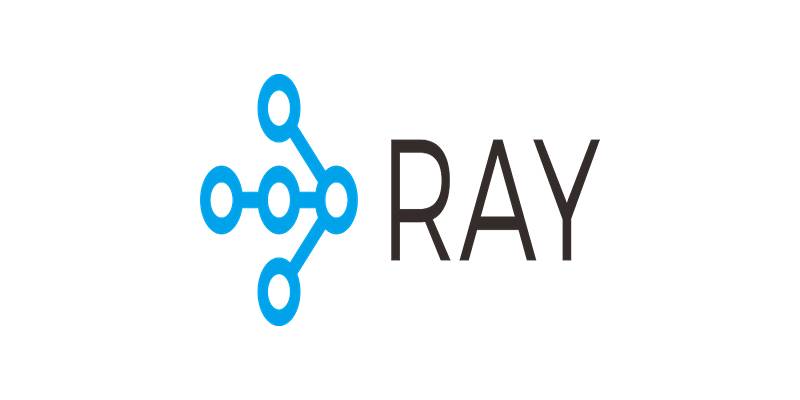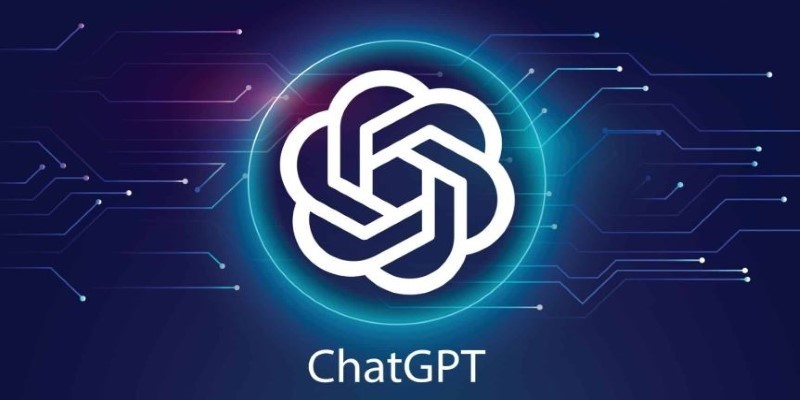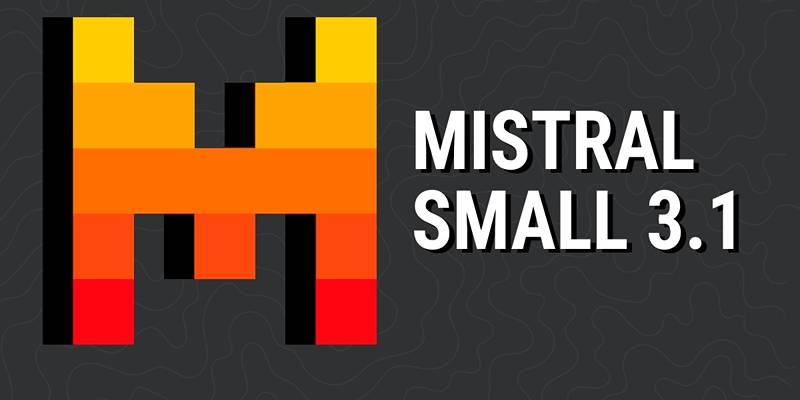HR has long helped businesses acquire and retain personnel. It was time-consuming to recruit, appraise, and engage employees. AI technologies have transformed HR, improving recruiting, staff retention, and corporate efficiency. AI can automate activities, speed decision-making, and provide insights from massive data sets, making it a valuable HR tool. AI-powered platforms and solutions enable HR professionals to make data-driven choices that improve recruiting and employee satisfaction. AI screening resumes and personalizing HR interactions is altering HR. This blog will discuss how AI is transforming HR to hire and retain people.
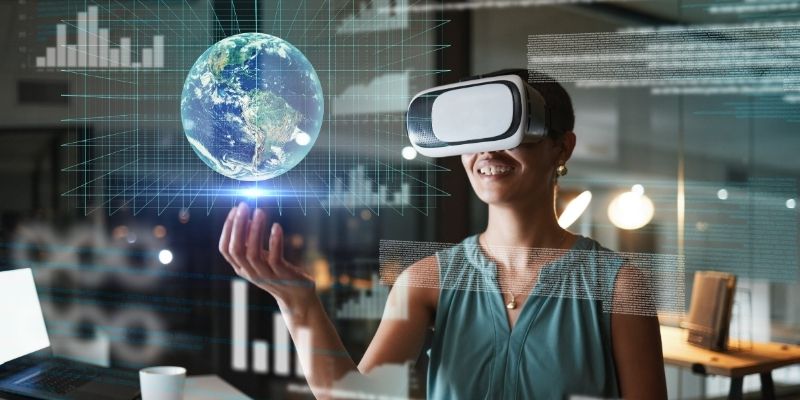
AI is altering employment.
The recruiting process has always been lengthy for HR professionals. It requires dull secretarial tasks, including drafting job names and reviewing hundreds of applicants. In this, AI is crucial. AI simplifies recruiting, allowing HR workers to focus on more vital duties.
AI-powered recruiting tools can scan massive data sets in seconds. AI algorithms evaluate applicants, talents, and job fit. These programs assess job experience, credentials, and accomplishments along with terms. AI can determine several applicants simultaneously, speeding up and improving the recruiting process—AI technologies like Applicant Tracking technologies (ATS) swiftly screen forms for unqualified applicants.
AI recruits and screens
Finding qualified candidates in conventional employment requires time and effort. AI helps HR locate more applicants, changing the process. AI algorithms can find skilled candidates on LinkedIn, job boards, and other venues. These technologies may rapidly search resumes and online profiles for persons with the correct talents, experience, and career path, even if they are not searching for employment. This proactive strategy may help HR departments identify exceptional prospects they overlooked.
AI-powered applicant discovery technologies help HR departments uncover more candidates. These businesses analyze massive online data using machine learning algorithms to forecast the top candidates. AI might assess job applicants' interests based on their education, employment history, and internet usage. By matching phrases to job criteria, AI can automatically review resumes. This technique reduces human resume screening time and invites just the top candidates to interviews.
Active applicants aren't actively hunting for jobs but may match the organization. AI can discover them. AI-powered tools identify job changers by analyzing work and internet activities. HR teams may establish a talent pool with this proactive recruiting solution to prepare for future hiring needs. In addition to job advertisements, AI may search professional blogs, portfolios, and online communities for skilled workers.
AI improves job interviews.
Companies need interviews to learn more about candidates than their resumes. Interviews benefit from AI in many ways. AI-powered chatbots that screen job candidates improve interviews. The robots employ NLP to ask job candidates work-specific questions and examine their replies in real-time.
AI-powered robots might conduct the first interviews, assessing applicants' knowledge and communication abilities based on tone and mood. Video analysts may examine facial expressions and body language. AI can detect sentiments and behaviours, helping HR teams assess candidates' emotional intelligence and people skills, which are crucial for cultural fit. AI-run first interviews might save HR teams time and effort by advancing only the strongest candidates to in-person or virtual interviews.
Personalizing AI for employee engagement
Engaging workers improves their happiness and productivity. AI is enabling HR executives to tailor employee participation initiatives to their needs. HR teams may learn how workers feel about their position, team, and company by collecting and analyzing employee feedback using AI. AI systems might uncover trends and concerns in employee work satisfaction via surveys, performance assessments, and other methods.
AI might also assist HR experts in designing employee development and incentive schemes. AI may provide leadership development and training based on job performance and career goals. AI might also help HR departments tailor awards and thank-you letters based on employee likes and accomplishments. This tailored strategy enhances company-worker relations, making employees happier, more motivated, and more inclined to remain.
AI might also assess conversation patterns and work habits for early symptoms of alienation, such as less work, skipping team meetings, or sending unpleasant emails. HR professionals may prevent disinterested employees from leaving by recognizing these indications early. AI technologies may provide timely feedback and aid in enhancing employee-HR communication. To excite and engage people, you must see and meet their needs in real-time.
Learning and growing with AI
Employees must constantly learn and improve to be competitive in a changing workplace. AI makes learning and development (L&D) tailored and adaptable for each employee. AI-powered LMSs recommend training based on workers' abilities, success, and learning styles. These technologies might revolutionize how individuals learn as they improve their careers, keeping material new and challenging.
Growth-focused firms benefit from AI in learning and development. AI may teach employees to fill knowledge or skill gaps. It also provides feedback and tracks accomplishments, helping HR departments measure employee growth. AI-powered automation of individualized learning programs simplifies HR growth management. This personalization gives employees a professional advancement plan and shows that the organization supports them, making them more engaged.
AI helps workers study at their speed. AI might allow workers to learn anytime, anywhere via online lectures, videos, or interactive applications. Autonomy motivates and delights workers. By identifying promising employees and proposing they learn or join a leadership program, AI helps firms develop future leaders.
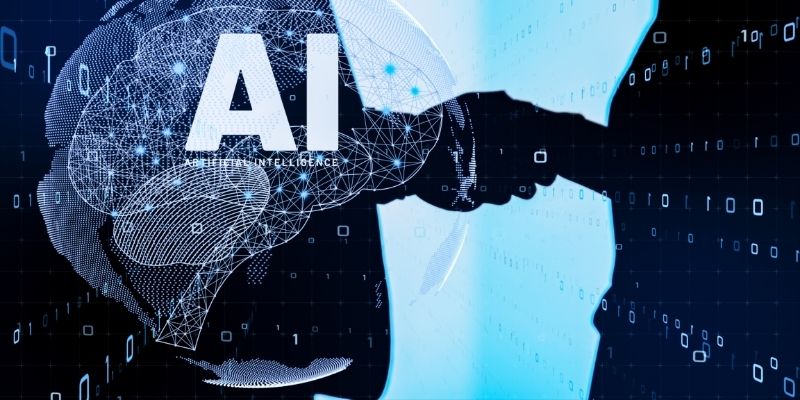
HR Process Improvement with AI
Administrative duties drain HR resources. AI handles regular activities so HR pros can concentrate on more essential responsibilities. AI handles pay, benefits, and compliance alone. AI-powered solutions might assist HR departments in calculating wages, deductions, and taxes without human error. AI monitors employee perks, including insurance and salary fees, simplifying complex benefits packages.
AI might regulate jobs, too. AI solutions can rapidly adapt HR duties to changes in labour legislation. HR departments may reduce regulatory breaches and penalties by automating safety operations. AI may also provide workers with self-service platforms to manage their benefits, request time off, and update their personal information without talking to HR. This technology improves HR efficiency, saving time and money. AI can streamline HR procedures, reduce errors, and benefit workers. HR staff can concentrate on growing the company while employees enjoy a seamless experience.
Conclusion
AI is altering how HR recruits, engages and develops employees. AI handles regular jobs and leverages data to assist HR experts in making fairer judgments. Better recruiting and a more engaging employment experience have been improved. HR professionals can concentrate on strategic initiatives that develop organizations and make the workplace more efficient, inviting, and active using AI.
You must plan and create organizational objectives to employ AI efficiently. HR staff must be transparent to maximize the benefits of the AI system. AI will continue to simplify HR and engage people. AI helps companies outperform competitors and hire top talent.
